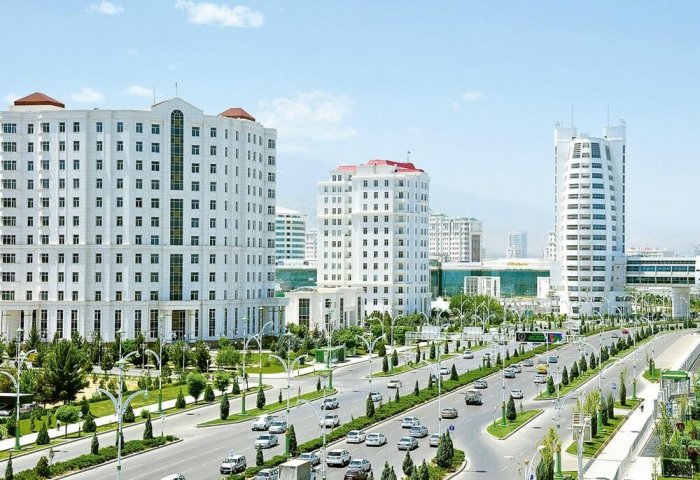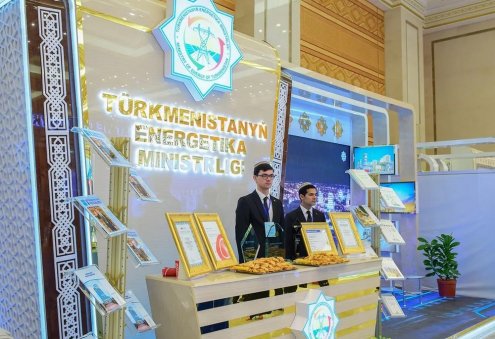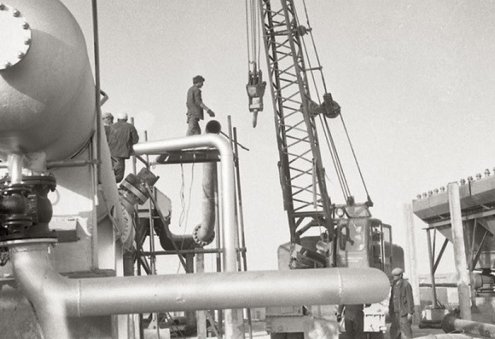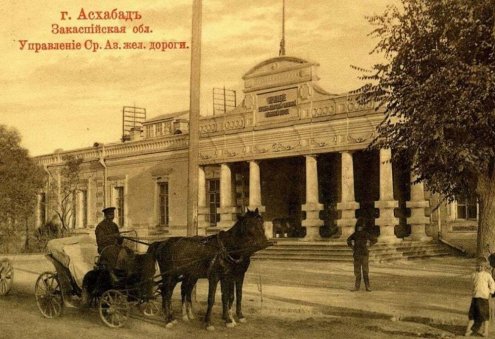For three decades of independence, Turkmenistan has successfully carried out the transformation of a highly specialized part of the national economic complex of a large country into a self-sufficient national model of the economy, dynamically developing in accordance with global trends. Turkmenistan is presently among the first hundred countries in terms of GDP per capita — an indicator that determines the level of economic development of the country, ahead of most of its regional neighbors in the ratings of the International Monetary Fund and World Bank. As a result of stable economic growth, which has been successfully supported since the beginning of independence, the World Bank classified Turkmenistan as an upper middle income country in 2012.
From the first days of independence, due to a high share of savings, Turkmenistan pursued an active investment policy in order to reduce dependence on raw materials and move from a resource economy to an industrial-resource, diversified economy. Turkmenistan not only created individual super-modern enterprises, equipped with machinery and technologies from the world's leading manufacturers, but also entire industries. The textile industry operating on local raw materials was practically re-created. Enterprises such as Turkmenbashi Textile Complex in Ashgabat are the largest in the Central Asian region. The complex was commissioned in 2000 and costed $116 million at that time.
Over the past decades, the country has taken the first steps in creating such new industries for the national economy as metallurgical, mining, oil and gas chemical, shipbuilding, and electronic industries. In 2009, the country's first metallurgical plant, focused on the production of construction rolled products, began operation in Ovadan Depe, and in 2017, Turkmenistan launched the Garlyk mining and processing plant – its first plant for the production of potash fertilizers.
Large projects have been carried out for oil and gas processing, among which it should be noted that the first in the country, unique in many parameters, GTL plant, launched in the summer of 2019, is the first in the world to carry out the industrial distillation of natural gas into liquid fuel. One of the youngest sectors of the economy of Turkmenistan is the electronic industry, the products of which are represented by domestic computers, smart TVs, smartphones, monoblocs, routers, split air conditioners, various types of LED lamps. Future plans provide for the further expansion of the popular line of electronic products with an orientation not only to the domestic but also to the foreign market.
During the years of independence, Turkmen entrepreneurs began to dominate the country's construction market, trade, agro-industrial complex, services, etc. Today, the country has numerous private livestock complexes, enterprises for the production of textiles, household and computer equipment, building materials, and polymer products. In accordance with the requirements of the time, domestic entrepreneurs also create small industries for the processing of used plastic, paper, polyethylene, rubber, wood and the production of different products from them.
In 2021, the country plans to take measures to further support and stimulate entrepreneurship, privatization of objects and state-owned enterprises, the creation of joint-stock companies, an increase of private sector’s share in the structure of the country's economy, and the development of the securities market.
“We continue to reorganize the economy on the principles of market relations. Along with this, a course has been taken to significantly increase the role of private property and individual entrepreneurship, to eliminate barriers and restrictions on their way, thereby reducing the role of the state in the economy," President Gurbanguly Berdimuhamedov said, determining the tasks for the current year.
Turkmenistan creates new opportunities for the implementation of entrepreneurial initiatives, legislative and financial support for business, improves the tax system and facilitates the process of registering businesses and licensing their activities. The public-private partnership that has been formed in recent years is a qualitatively new phenomenon for the national economy of the era of independence.
Ogulgozel Rejepova
The article was originally published in Turkmenistan’s Golden Age news oultlet on June 10, 2021.


















